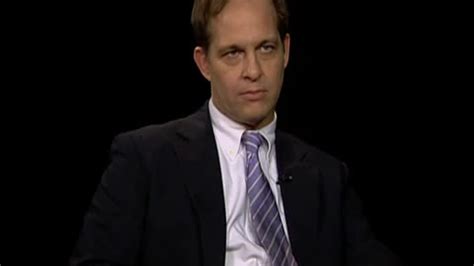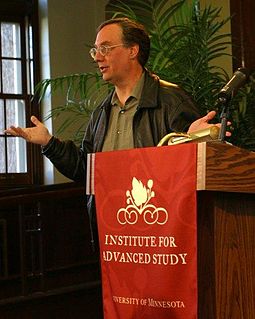A Quote by Luke Harding
I left Kurdistan in April 2003 with the peshmerga, following their excited advance as Saddam's forces crumbled. First Kirkuk, then Mosul - where looters broke into the city museum and seized its Parthian sculptures - then Tikrit. I reported from Baghdad in month-long stints until the end of 2004.
Related Quotes
So here's a question from one who believed, only a week ago, that Baghdad might just collapse and that we might wake up one morning to find the Baathist militia and the Iraqi army gone and the Americans walking down Saadun Street with their rifles over their shoulders. If the Iraqis can still hold out against such overwhelming force in Umm Qasr for four days, if they can keep fighting in Basra and Nasiriyah – the latter a city that briefly rose in revolt against Saddam's regime in 1991 – why should Saddam's forces not keep fighting in Baghdad?
I'm not sure if it's because I'm older and I'm thinking about family more, but I'm trying to set up this thing where I can play in one city for a month, and then write music for a couple months, then play in another city for a month, write music for a month. Just so it's not these two schizophrenic, Jekyll and Hyde kind of things; you don't have to be this monster. You get inspired and you can go write one song from that, and then you go back and play a few shows. If I could've done that in the 90s, I would have.
I took office as president in January 2003, and in April 2003, I sent to Congress my first proposal for tax reform. Some parts were voted on, with respect to federal taxes, and then it came to a standstill. Why? Because each state is interested in its own tax reform, has its own tax policy, and each state has its federal deputies and senators.
When I first arrived in Baghdad in January 2003, I thought I would soon rent a house and envisioned myself swimming in the Tigris to cool off after reporting in the city the caliphs called Madinit al-Salam, the City of Peace. A year later, I realized I wouldn't be taking any midnight dips - Madinat al-Salam no more.
I gather that a lot of the "pots" in the great museum in Baghdad, which we allowed to be looted and then gutted, are now for sale to the highest bidder on the art and archeology black market. This is good capitalism, I guess, while a museum, being a public trust and accessible to all, is anticapitalist, pretty damn near socialist in fact.
Baghdad fell on April 9, 2003, Hussein and his regime were brought down, we declared "Mission Accomplished" and celebrated victory . . . and chaos erupted. We did not assert control and authority over the country, especially Baghdad. We did not bring with us the capacity to impose our will. We did not take charge. And Iraq did not in a few weeks magically transform itself into a stable nation with democratic leaders. Instead a raging insurgency engulfed the country.

































